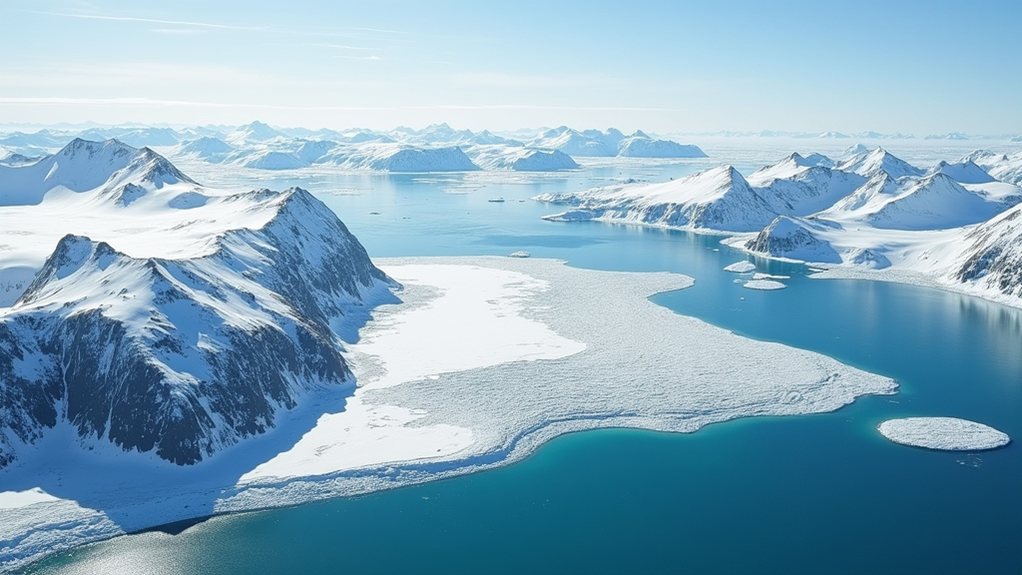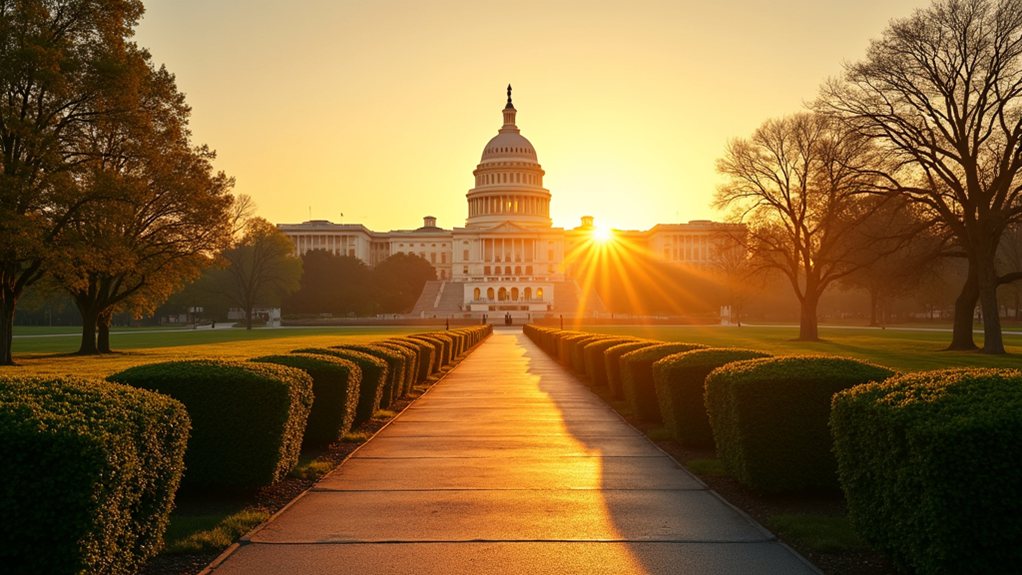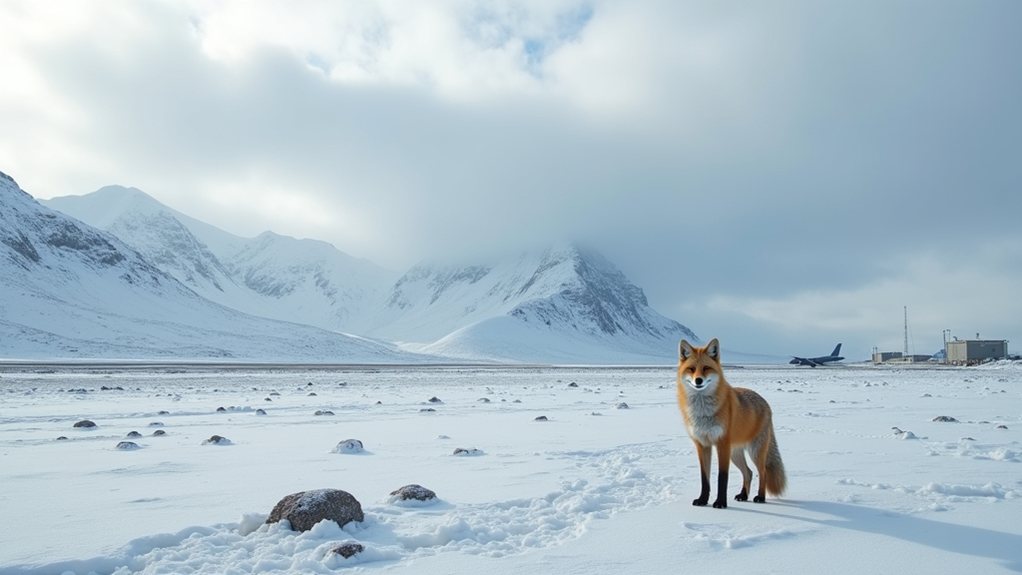In recent years, former President Donald Trump showed a strong interest in Greenland, an autonomous territory of Denmark. He was drawn to its strategic location in the Arctic and its rich natural resources, including rare earth minerals. Trump believed that as climate change melts ice in the Arctic, new shipping routes could open, making Greenland even more valuable. Greenland's geopolitical significance is further underscored by its vital role in NATO's security framework, particularly in the GIUK gap.
Historically, the U.S. has had an interest in Greenland, especially as a way to counter Russian and Chinese influence in the region. The melting ice in Greenland is making its mineral and hydrocarbon deposits more accessible, creating opportunities for economic development. Federalism's impact on American governance can be seen in how states and the federal government manage their interests in international territories, as seen with Greenland.
The U.S. has long viewed Greenland as a strategic asset to counter Russian and Chinese influence in the Arctic.
Greenland has a population of about 56,000, mostly Inuit, and has been self-governing since 1979. It gained further autonomy in 2009 and has the right to declare independence from Denmark. However, Danish subsidies play a vital role in Greenland's economy, creating a delicate balance between autonomy and financial support.
The U.S. has maintained a military presence in Greenland since 1951, primarily at Thule Air Base, now known as Pituffik Space Base. This base is essential for missile early warning and space surveillance. It also helps monitor Russian naval movements. The U.S. has reaffirmed its defense agreements with Denmark periodically, reflecting the importance of Greenland's location.
When Trump proposed buying Greenland, the reaction from the Greenlandic people was one of firm rejection. They emphasized their right to self-determination and sovereignty. While many Greenlanders are open to increased U.S. investment and cooperation, they also expressed concerns about potential environmental impacts. There are mixed feelings about whether to pursue independence or continue their current arrangement with Denmark.
From Denmark's perspective, Trump's proposal was rejected. The Danish government committed to supporting Greenland's right to self-determination while balancing their alliance with the U.S. As global powers compete for influence in the Arctic, the situation in Greenland remains complex and evolving.









